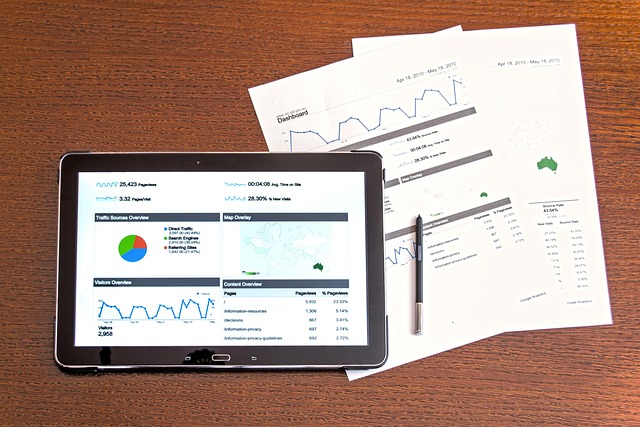AI technology has transformed complex construction projects like deck installations by providing unparalleled accuracy in terrain mapping and custom plan creation. Through advanced data collection, AI algorithms analyze aerial imagery and 3D models to identify contours, elevations, and potential challenges, streamlining design while ensuring strict adherence to specifications. This results in structurally sound and aesthetically pleasing decks, minimizing errors, delays, and the need for multiple site visits. AI measurement verification is expected to become standard, enhancing project outcomes and contributing to a more efficient and sustainable construction industry.
“Discover how Artificial Intelligence (AI) is transforming construction landscapes, particularly in precise deck installations. This article explores cutting-edge AI technology and its application in terrain mapping, revolutionizing the way we approach landscaping.
We’ll delve into the step-by-step process, from initial mapping using advanced sensors to final measurement verification, ensuring accuracy and efficiency. Moreover, we’ll discuss the immense benefits of AI in construction terrain mapping and its promising future prospects.”
- AI Technology for Precise Landscaping: Revolutionizing Deck Installations
- The Process: From Mapping to Measurement Verification
- Benefits and Future Prospects of AI in Construction Terrain Mapping
AI Technology for Precise Landscaping: Revolutionizing Deck Installations

The integration of AI technology in landscaping has brought about a new era of precision and efficiency, particularly in complex construction projects like deck installations. Traditional methods often relied on manual measurements and calculations, leaving room for human error. However, with AI measurement verification, professionals can now achieve unparalleled accuracy. This advanced technology enables precise mapping of the terrain, allowing designers and builders to create custom deck plans tailored to each unique landscape.
By leveraging AI algorithms, landscaping experts can quickly analyze aerial imagery and 3D models, identifying contours, elevations, and potential challenges. This not only streamlines the design process but also ensures that final installations adhere strictly to the intended specifications. The result is a seamless fusion of structural integrity and aesthetic appeal, transforming outdoor spaces into functional, beautifully crafted deck areas.
The Process: From Mapping to Measurement Verification

The process of using AI for hardscaping and landscaping terrain mapping begins with detailed data collection, which involves advanced sensors and aerial imaging to create a comprehensive digital representation of the construction site. This initial step is crucial as it forms the basis for accurate planning and design. With AI algorithms analyzing the gathered information, precise measurements are derived, enabling engineers and architects to visualize the space and its potential.
Once the mapping is complete, AI technology facilitates another vital stage: measurement verification for deck installations. By cross-referencing the digital blueprint with actual site measurements, professionals can ensure every element aligns perfectly. This meticulous process minimizes errors and delays, ensuring successful and structurally sound deck construction projects.
Benefits and Future Prospects of AI in Construction Terrain Mapping

The integration of AI in construction terrain mapping offers a multitude of benefits, revolutionizing how land is surveyed and utilized. With its advanced capabilities, AI can swiftly and accurately capture complex landscapes, providing detailed 3D models that aid in planning and design. This technology ensures precise measurements for various structures, such as decks, reducing errors and the need for multiple site visits. AI-powered mapping also facilitates real-time data analysis, enabling construction teams to make informed decisions and adapt projects accordingly. By enhancing efficiency and accuracy, it streamlines the entire process from concept to completion.
Looking ahead, the future prospects of AI in this domain are promising. As the technology advances, we can expect even more sophisticated mapping solutions that predict potential challenges and suggest optimal design approaches. This could lead to smarter construction projects, minimizing delays and cost overruns. Furthermore, AI measurement verification for deck installations could become a standard practice, ensuring structural integrity and safety from the outset. These developments will not only enhance project outcomes but also contribute to a more efficient and sustainable construction industry.
AI-driven terrain mapping technology is transforming construction, particularly in precise deck installations. By leveraging advanced algorithms and data analysis, this innovative approach streamlines projects, reduces errors, and enhances overall efficiency. The integration of AI not only improves accuracy in measuring complex landscapes but also offers valuable insights for future planning. As this technology continues to evolve, we can expect even more significant advancements in construction practices, making deck installations and similar tasks faster, safer, and more cost-effective. AI measurement verification for deck installations is a game-changer, setting the stage for a smarter and more sustainable built environment.
